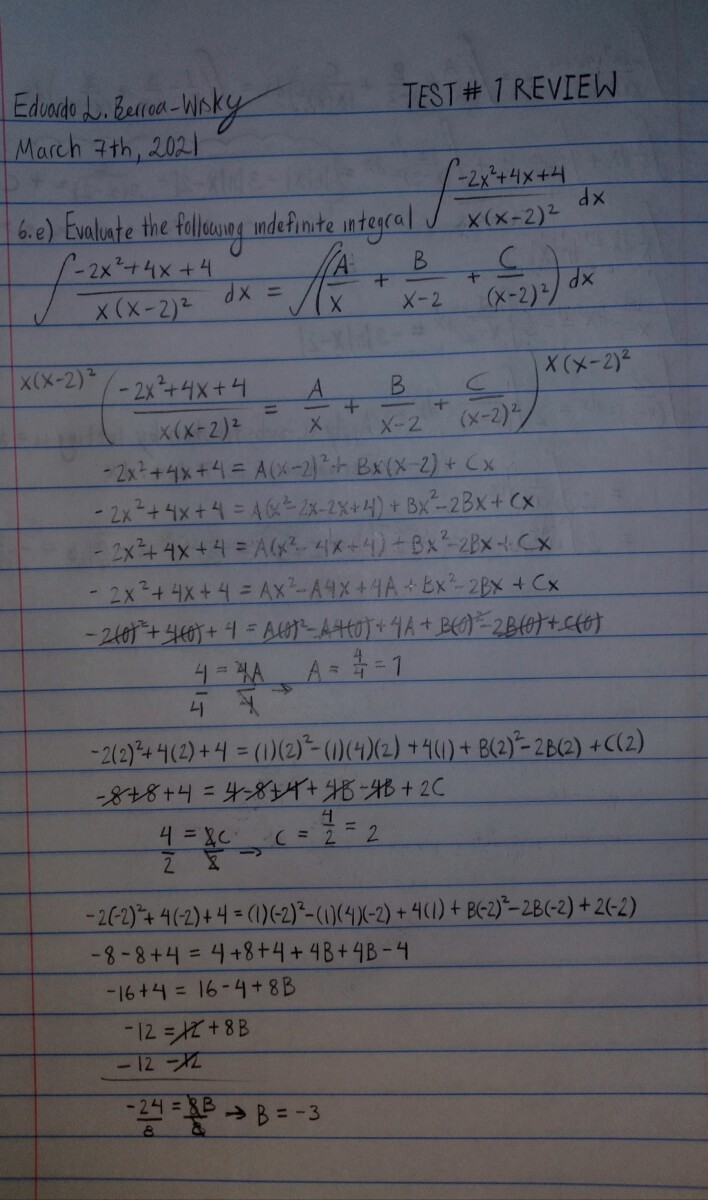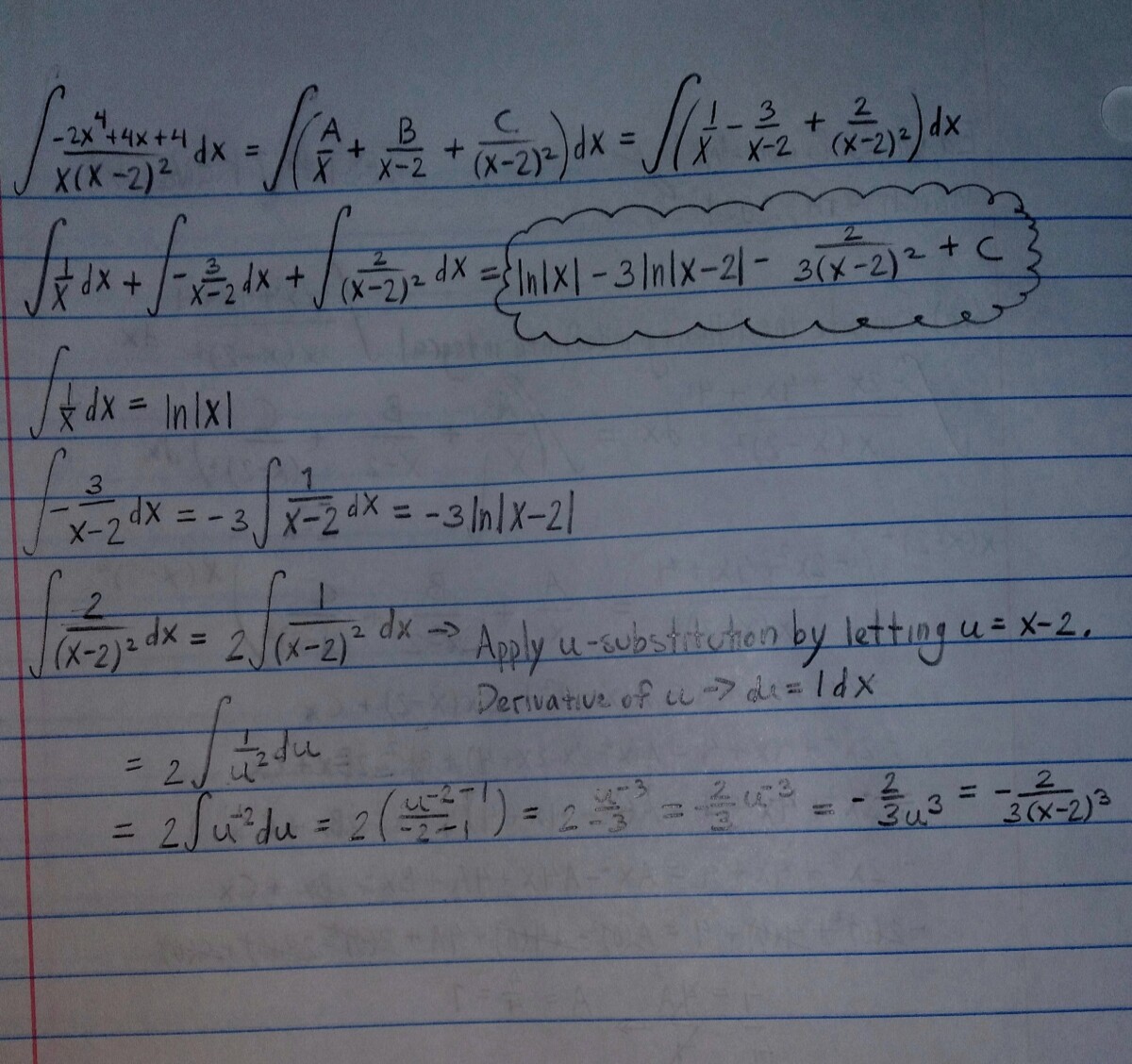In the article “The Myth of ‘I’m Bad at Math” by Miles Kimball, Noah Smith, and Quartz, there is a quote that thoroughly resonated with me: “The truth is, you probably are a math person, and by thinking otherwise, you are possibly hamstringing your own career. Worse, you may be helping to perpetuate a pernicious myth that is harming underprivileged children: the myth of inborn genetic math ability.” I don’t know what anybody else feels about the following quote but here’s what I feel: I actually feel the “math anxiety” phenomenon is actually more of a myth than a reality in the universal sense. Heck… the “math anxiety”, in my opinion, is nonetheless a pitiful excuse because we humans perpetuate this non-sensical phenomenon as an excuse for our own flaws and the lack of practical expertise in all branches of mathematics. And one more thing before I forget, we humans tend to reinforce this myth on one another, instilling irrational fear and uncertainty in certain people. Personally, I strongly disagree with the claim arguing that such innate math ability originates from the mother’s womb. I hate to say it, but this claim sounds too far-fetched and fictional (in my opinion); with that being said, I am only hearing “Real-Life Superheroes” vibes. But hey… I may be wrong and who the heck knows, what if the whole “genetic math ability” claim is actually a real deal? It may be a remote possibility; however, it doesn’t mean this claim is confirmed to be true because it has yet to be proven. Nevertheless, I still disagree with the claim and I would never understand the genetic deposition lying in mathematics. A few years ago, there was one article I stumbled upon on “Curiosity” about mathematics and from what I recalled, the title of the article was titled “You’re Not Bad At Math, You’re Lazy”. This article opened a new perspective for me and I couldn’t agree more, I was never terrible at math and instead, I was deliberately lazy after all. This article made me abandoned the “math anxiety” nonsense (despite having never known until now this human phenomenon actually exists and I have no doubt I had had math anxieties before although I don’t remember them that well specifically) and it changed how I saw mathematics, looking at it to a new light: math is a broadly complex language in which I have never thought of it previously. Of course, I acknowledged that math is never simple to begin with given how complicated, time-consuming, and stressful it can be to everybody and myself too. To be proficient in mathematics, it takes unquantifiable amounts of time for people to invest (depending on the person’s pace) and master to identify strengths and weaknesses in all branches of mathematics. Finally, I argue that inheriting vast mathematical knowledge is the direct product of tedious hard-working investment, not a genetic trait.
Author: Eduardo (Page 3 of 4)

Honestly, I’ve never expected any antiderivative problems in the first test and I did solve the problem above even though it turned out to be incorrect. I want to know what I’ve done wrong.






Recent Comments